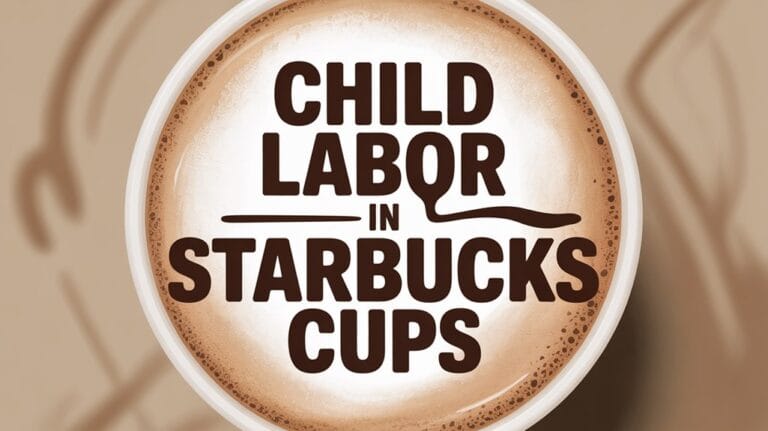Starbucks ‘100% Ethical’ Myth
Facing a federal lawsuit, Starbucks watches its “100% ethical” boast come under fire. The National Consumers League says the coffee giant’s ads fool buyers who crave ethical sourcing. Their suit, filed in D.C. in January, claims Starbucks broke the District’s consumer protection law. The group wants a judge to stop the chain from repeating the message.
Court papers cite harsh facts. Some Starbucks suppliers have used child labor. Others face reports of forced work and abuse on farms in Kenya, Brazil, and Guatemala. These findings clash with the promise of 100% ethical sourcing. NCL says buyers pay premium prices based on false comfort built on fading consumer trust. Additionally, studies show that optimal growing regions significantly impact the quality of coffee, suggesting that transparency in sourcing is vital. Coffee production in the Coffee Bean Belt underlines the importance of ethical sourcing practices intertwined with quality.
Court papers: Starbucks’ farms used child labor in Kenya, Brazil, Guatemala—betraying the 100% ethical promise buyers paid extra to believe.
Starbucks leans on its own rules called C.A.F.E. Practices. The company says external parties audit farms. Yet the lawsuit argues the checks are too weak to spot clear harm. C.A.F.E. Practices were introduced in 2004 as Starbucks’ internal ethical-sourcing standard. Critics call it “fairwashing”—pretty labels that mask ugly truth. If the court agrees, Starbucks could owe more than fines; it could lose loyal drinkers.
The judge let the case move ahead, calling shopper rights essential. That choice already counts as a win for watchdog groups and everyday buyers. It warns other brands that tall ethical claims must stand on firm proof.
Market watchers note this fight shapes wider trends. When a titan’s branding wobbles, rivals may rush to prove cleaner supply chains. Shares barely dipped, but social media buzz spreads fast. Young drinkers in particular track ethics and could switch to brands that show clearer audits.
For now, lines still form at counters. Yet the judge’s early nod shows laws still guard consumer trust. If evidence piles up, Starbucks may need to change labels, lower prices, or splash cash on reform.
The story isn’t over, but one truth’s clear: slapping “100% ethical” on cups doesn’t make it so.

